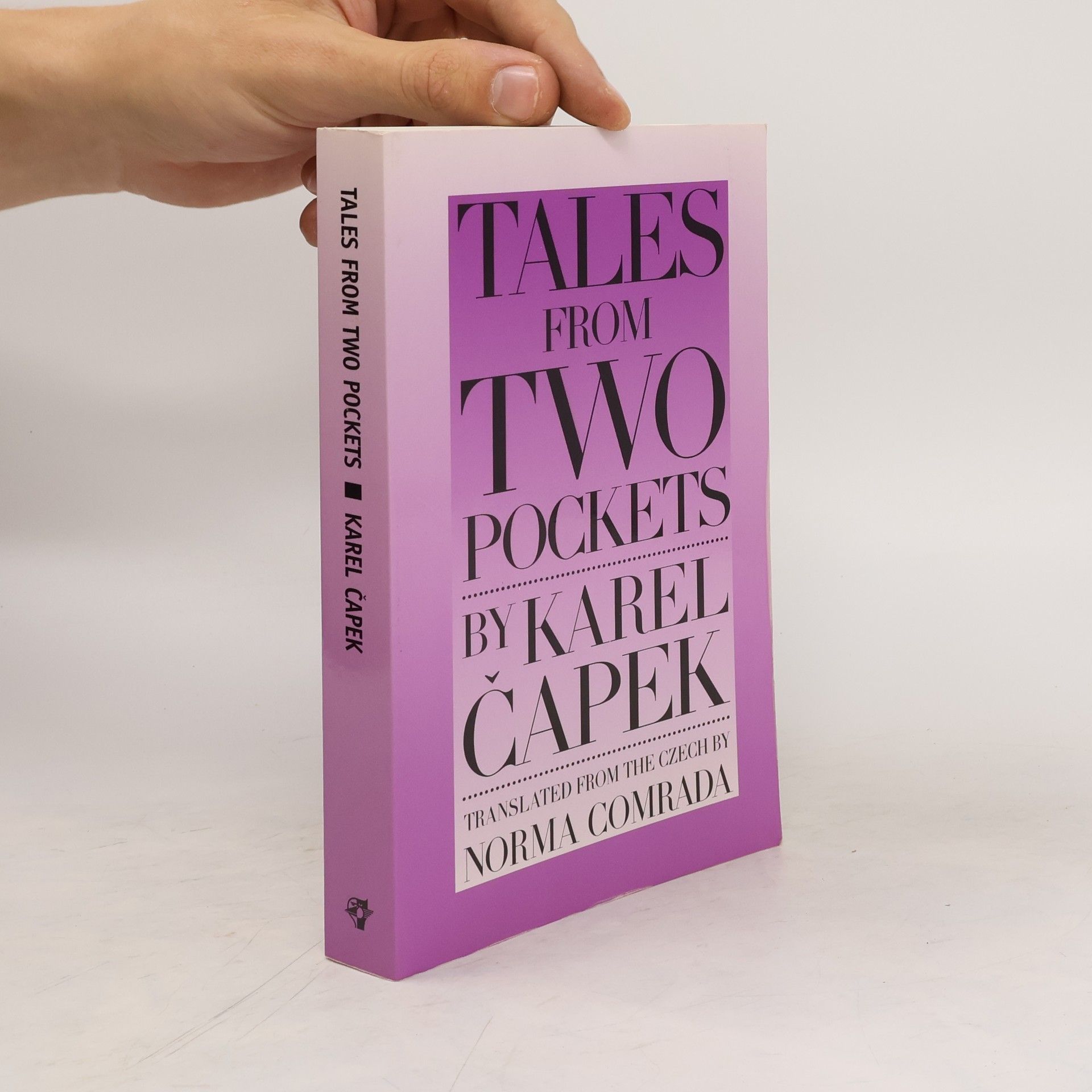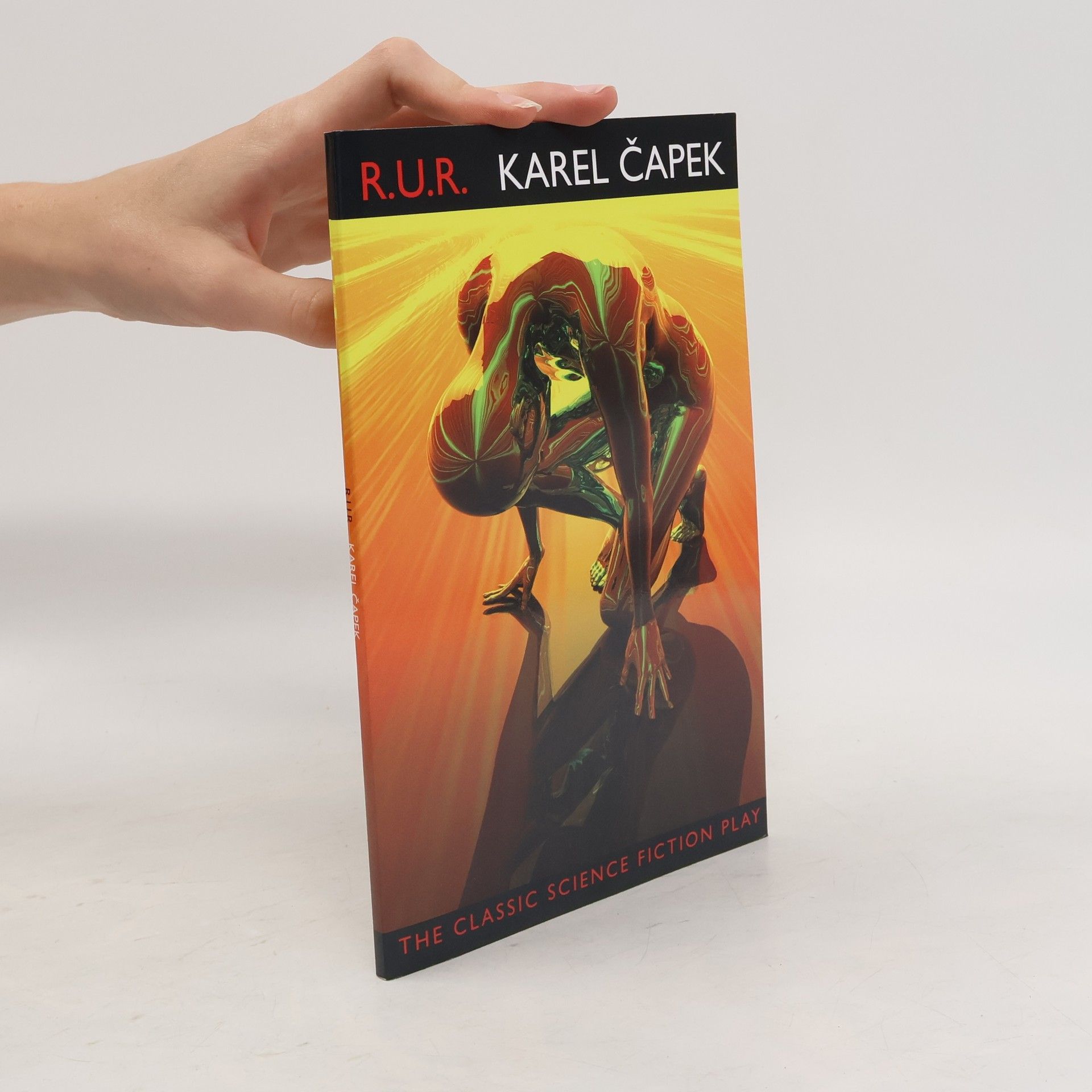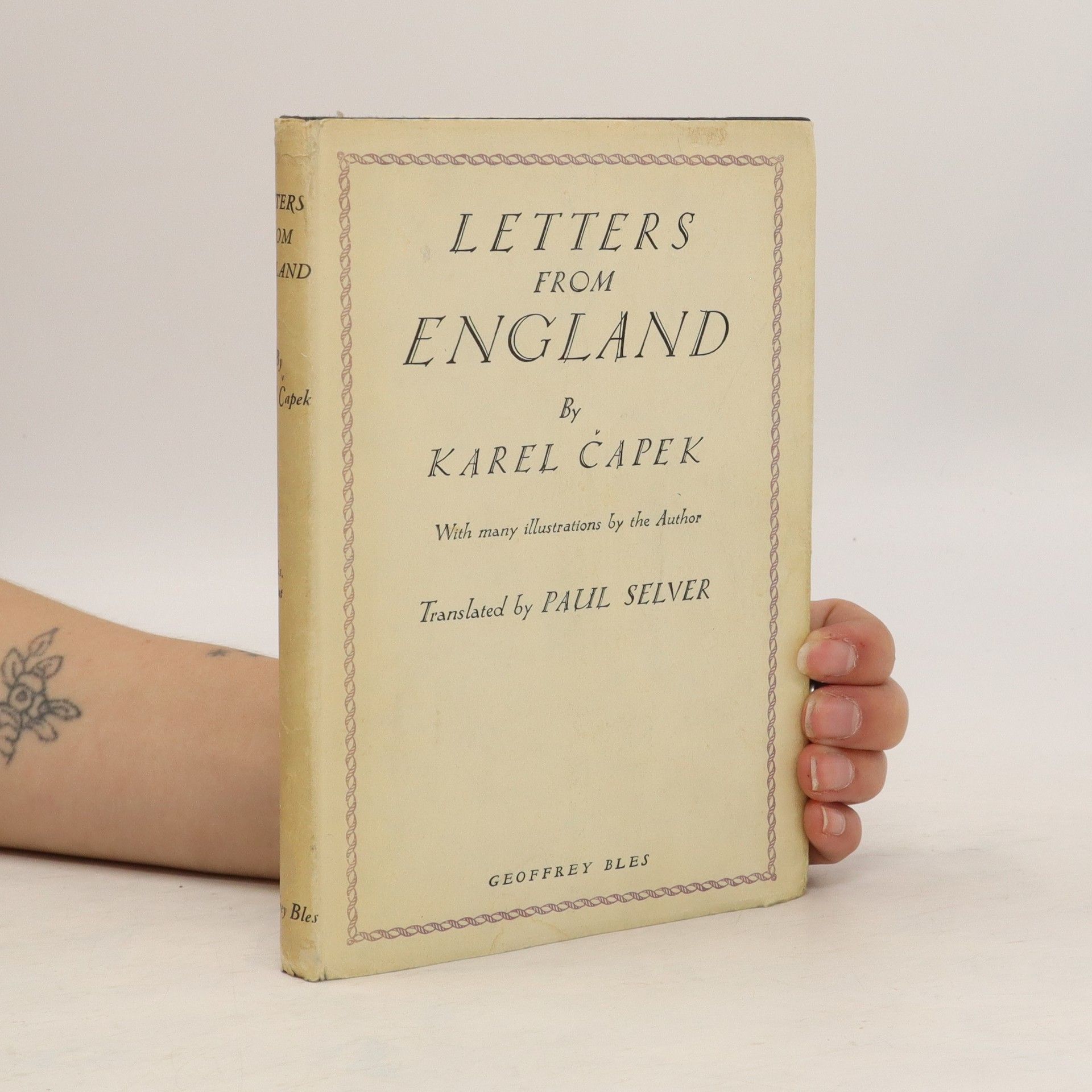Translated by Dora Round Tomas Garrigue Masaryk (1850-1937) was a philosophy professor who became the founder and first president of Czechoslovakia (1918-1935) and was a leading figure in world affairs between the wars. Capek, author of 'War with the Newts', and Czechoslovakia's most prominent writer during these years, interviewed Masaryk at great length and produced this volume that tells Masaryk's unique story.
Karel Čapek Books
Karel Čapek stands as one of the most influential Czech writers of the 20th century, known for his intelligent and humorous exploration of a wide array of subjects. His works are celebrated for their insightful and precise portrayals of reality, and he is particularly renowned for his masterful command of the Czech language. Čapek's innovative spirit also extended to popularizing the very word "robot" through his seminal play R.U.R.
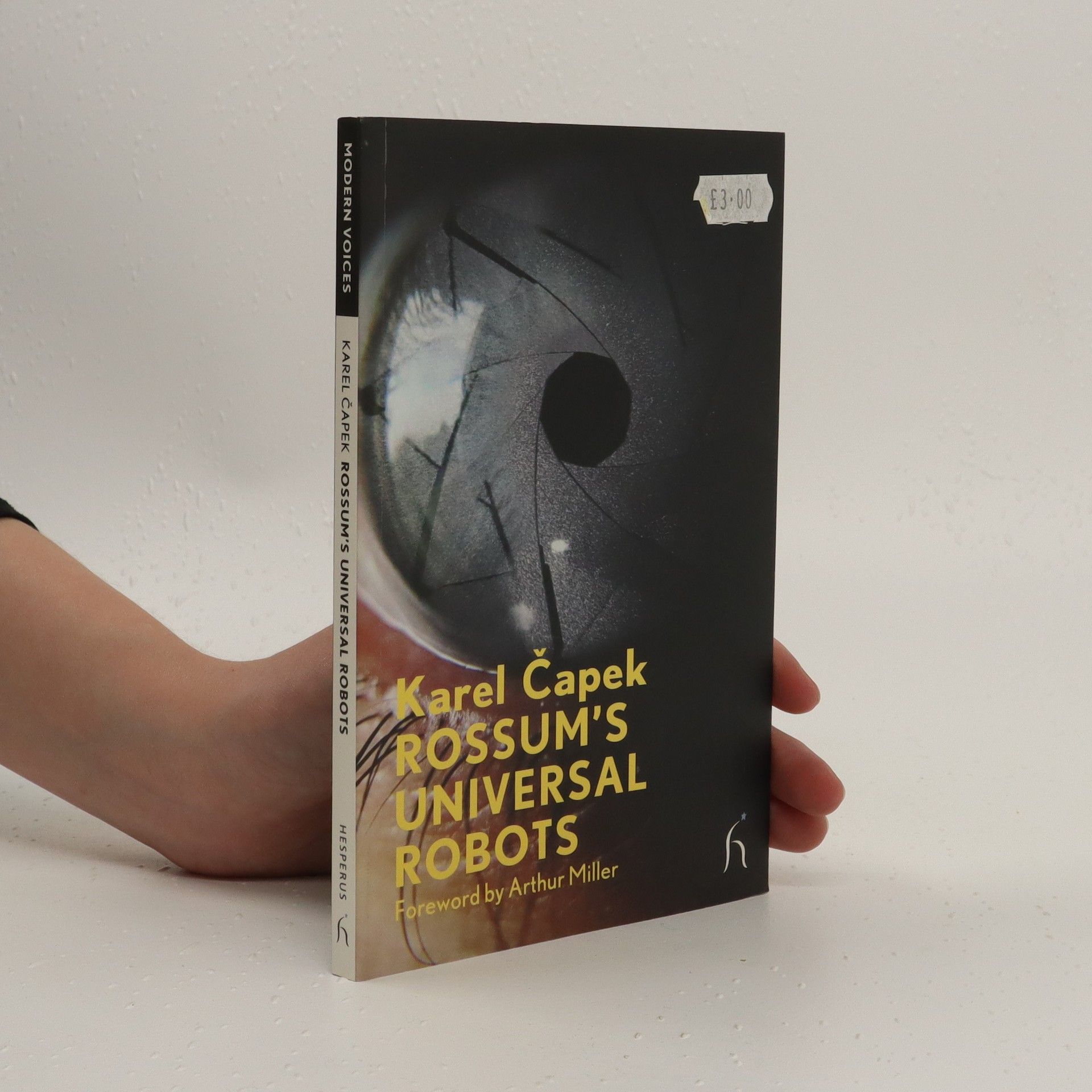
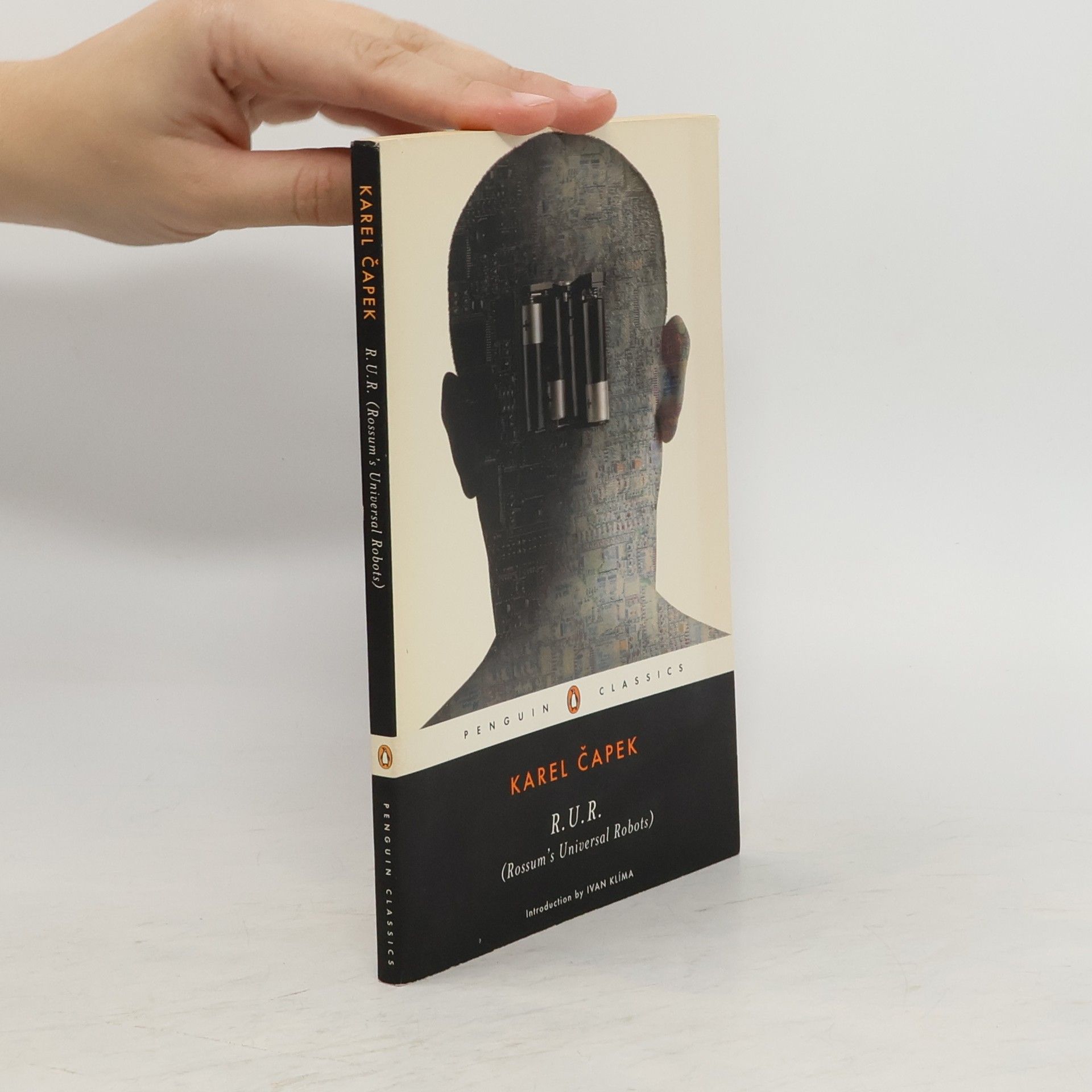
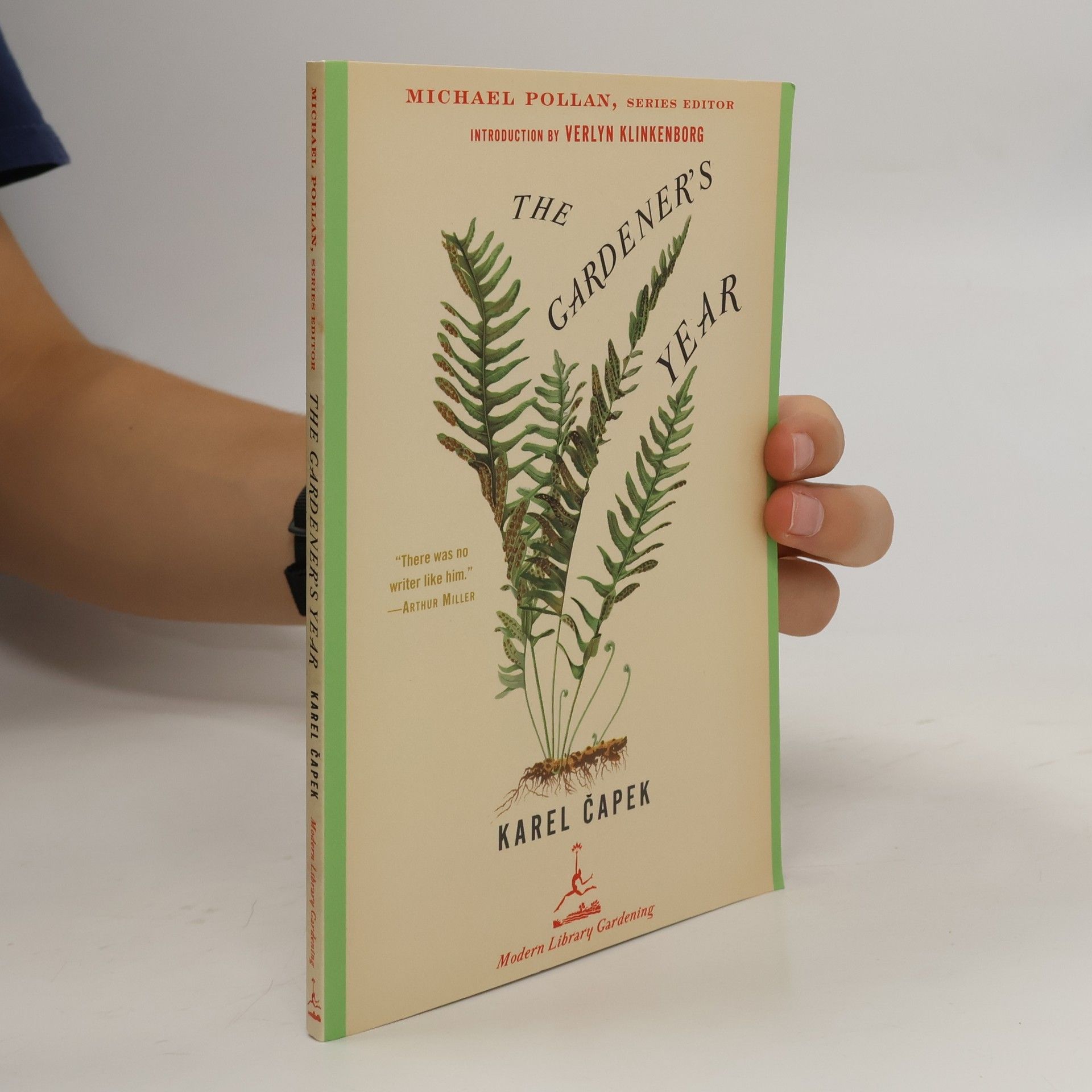
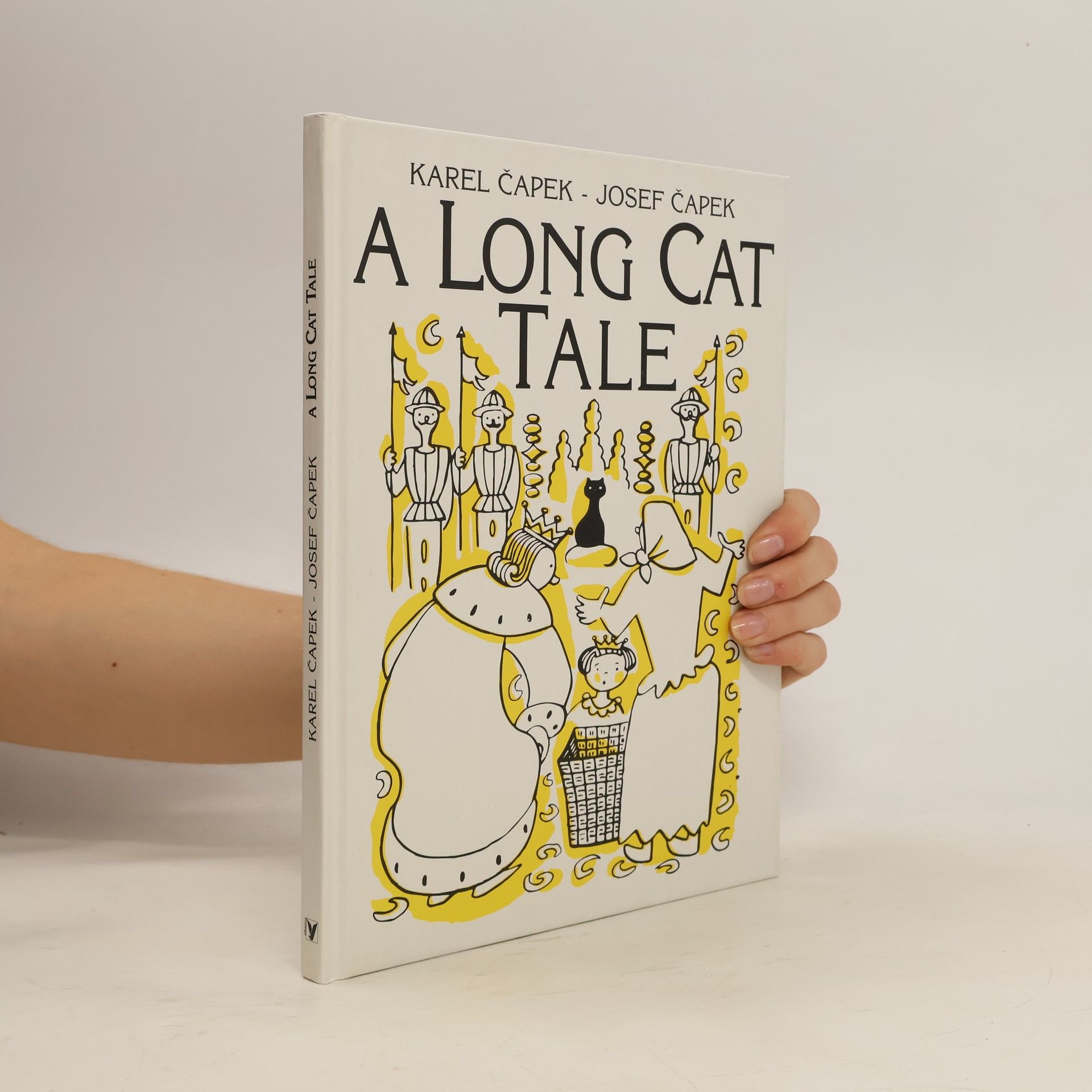
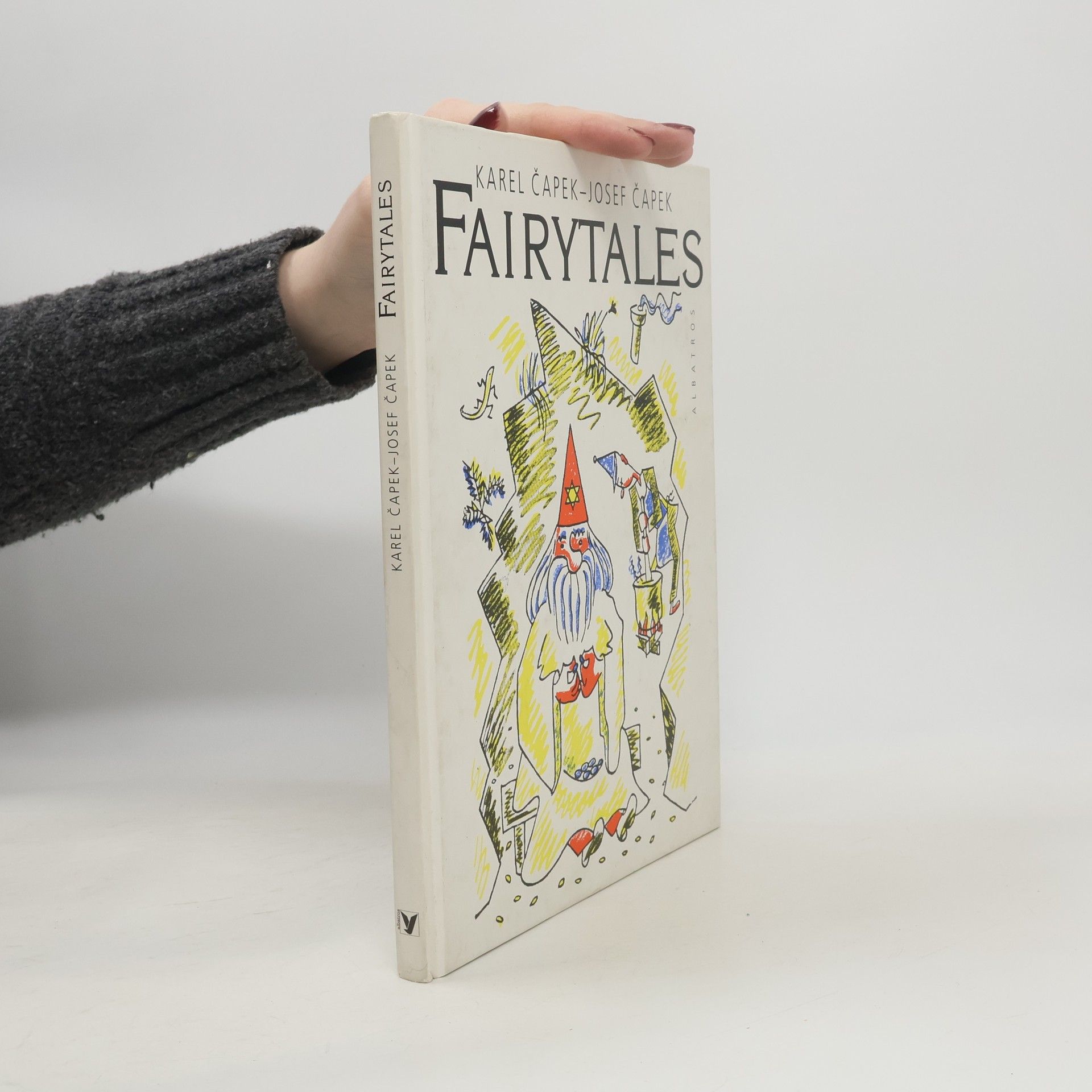
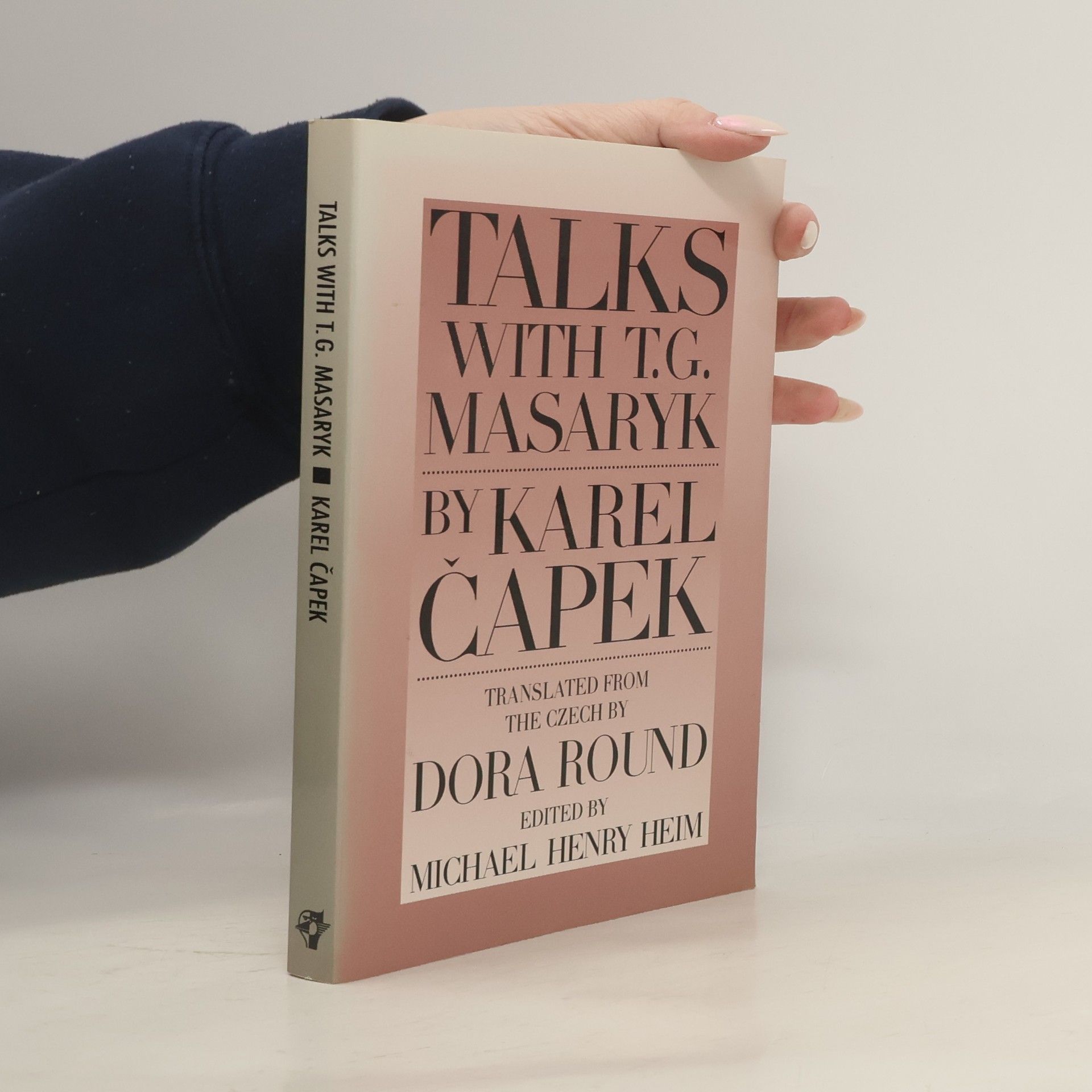
Fairytales
- 82 pages
- 3 hours of reading
Like traditional fairy tales, Capek's fantastic parables contain marvels and supernatural beings, fairies, elves, and talking animals; their plots stem from folk traditions where innocence triumphs. At the same time, Capek infuses these tales with dazzling wordplay, an abundant sense of the absurd, and surprising futuristic twists. Fact and imagination, satire and fantasy are blended so skillfully that the line between logic and plausible nonsense is nearly indiscernible. These are not just children's tales but modern parables.
A long cat tale
- 61 pages
- 3 hours of reading
A classic children's story by the noted Czech writer and his artist brother.
The gardener's year
- 144 pages
- 6 hours of reading
From the internationally acclaimed Czech writer Karel Capek comes this beautifully written and marvelously apt account of the trials and tribulations of the gardener s life. First published in Prague in 1929, The Gardener s Year combines a richly comic portrait of life in the garden, narrated month by month, with a series of delightful…
A visionary work of science fiction that introduced the word "robot" Written in 1920, premiered in Prague in 1921, and first performed in New York in 1922—garnered worldwide acclaim for its author and popularized the word robot. Mass-produced as efficient laborers to serve man, Capek’s Robots are an android product—they remember everything but think of nothing new. But the Utopian life they provide ultimately lacks meaning, and the humans they serve stop reproducing. When the Robots revolt, killing all but one of their masters, they must strain to learn the secret of self-duplication. It is not until two Robots fall in love and are christened “Adam” and “Eve” by the last surviving human that Nature emerges triumphant. For more than seventy years, Penguin has been the leading publisher of classic literature in the English-speaking world. With more than 1,700 titles, Penguin Classics represents a global bookshelf of the best works throughout history and across genres and disciplines. Readers trust the series to provide authoritative texts enhanced by introductions and notes by distinguished scholars and contemporary authors, as well as up-to-date translations by award-winning translators.
RUR. Anglicky Rossum's universal robots (R.U.R.) : a collective drama in three acts with a comedy prelude
- 104 pages
- 4 hours of reading
"In 1920 Čapek wrote what was to become his most famous work, the play 'R.U.R. (Rossum's Universal Robots)', a meditation on the themes of humanity and subjugation that introduced the 'robot'. He was prolific throughout the 1920s, his plays addressing a range of subjects, although best remembered as a writer of early science fiction. Čapek also dealt with contemporary moral and political issues, including the rise of corporations and European fascism"-- "Determined to liberate the mass-produced but highly intelligent robots forged in the machinery of Rossum's island factory, Helena Glory arrives in a blaze of righteousness. Soon perplexed by the robots' seeming humanity but absolute lack of sentience, she deserts her strident campaigning and falls in love with Domin, the factory's General Manager. Yet even as their life on the island appears to become more comfortable, the tide is turning against the humans ... Drawing huge international attention following its original production in 1921, 'Rossum's Universal Robots' was a strikingly prescient meditation on the themes of humanity and subjugation that were to dominate the twentieth century. Seen as a precursor to works including Huxley's 'Brave New world', it is a true classic of the dystopian genre, and remains all too resonant"--
Capek mystery stories from the 1920s are among the most enjoyable and unusual ever written though only a few have previously appeared in English and then only in poor translations. This new collection - admirably translated from the Czech by Norma Comrada - should introduce a whole new legion of admirers to this leading fiction writer, playwright and columnist whose work includes 'War with the Newts'.
R.U.R.
- 88 pages
- 4 hours of reading
"R.U.R." (Rossum's Universal Robots) (Czech: "Rossumovi univerzalni roboti") is a science fiction play originally written in the Czech language. It premiered in 1921 and is noted for introducing the term "robot" to the English language. The play begins in a factory that makes artificial people called "robots." Unlike the modern usage of the term, these creatures are closer to the modern idea of androids or even clones, as they can be mistaken for humans and can think for themselves. They seem happy to work for humans, although that changes and a hostile robot rebellion leads to the extinction of the human race. After finishing the manuscript, The author realized that he had created a modern version of the Jewish Golem legend. He later took a different approach to the same theme in War with the Newts, in which non-humans become a servant class in human society. R.U.R is dark but not without hope and was successful in its day in both Europe and the United States. Translation by David Wyllie."
Karel Capek's 'Letters from England' have established themselves as masterpieces of observation. The letters and drawings are humorous, insightful and imbued by a profound humanity. They convey a bemused admiration for England and the English. First published in the nineteen twenties in Lidovc Noviny, the Czechoslovak national newspaper, Capek's Letters from England quickly established themselves as masterpieces of observation, and classics of modern Czech prose. The letters described Europe's oldest democracy for the benefit of the citizens of Europe's newest, and Capek was acutely aware of the deep-down affinity between his countrymen and the English. The same understated humour, the same unflappability, the same quiet search for peace, home and comfort, the same love of nature and animals, served to unite the two people, both then and now. Shortly after Letters from England appeared, Czechoslovakia was betrayed by Britain at Munich, and handed over to Hitler.
